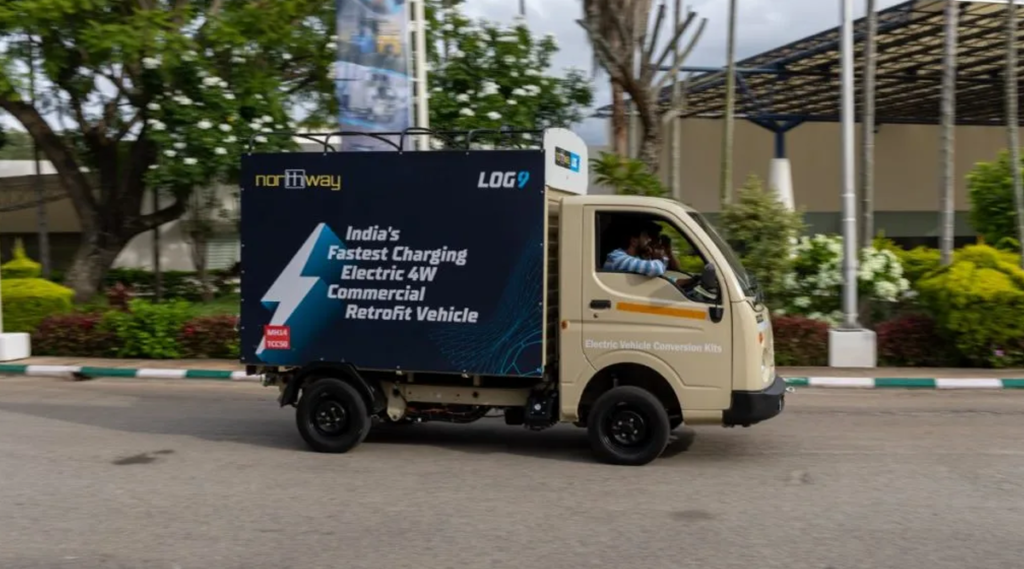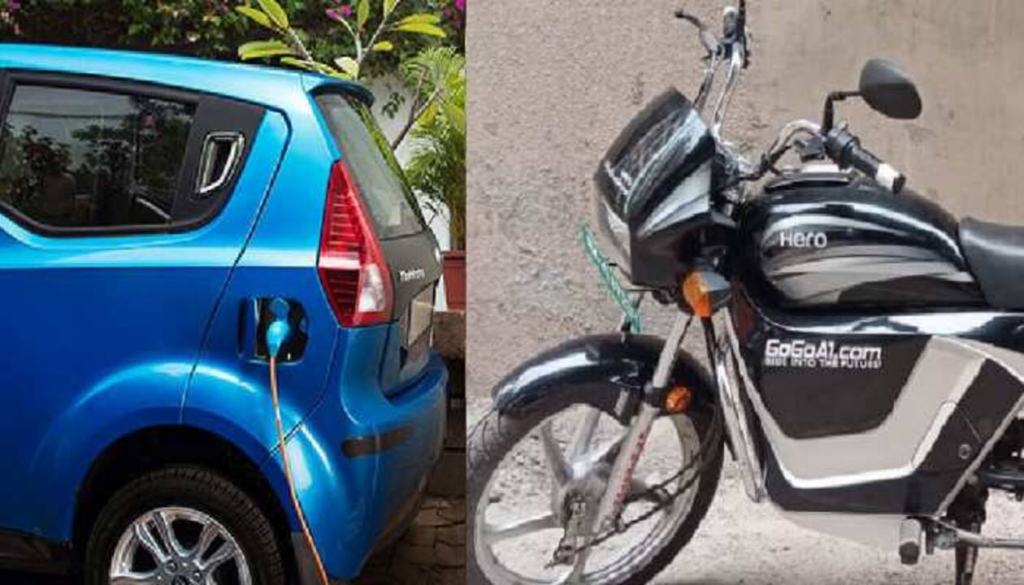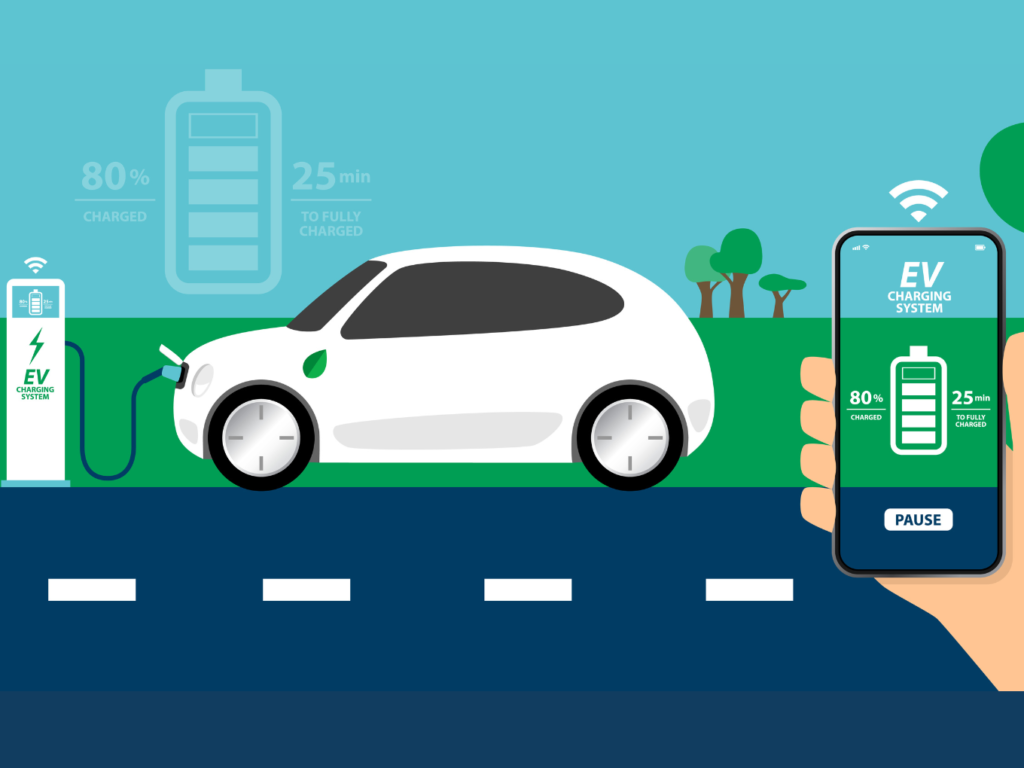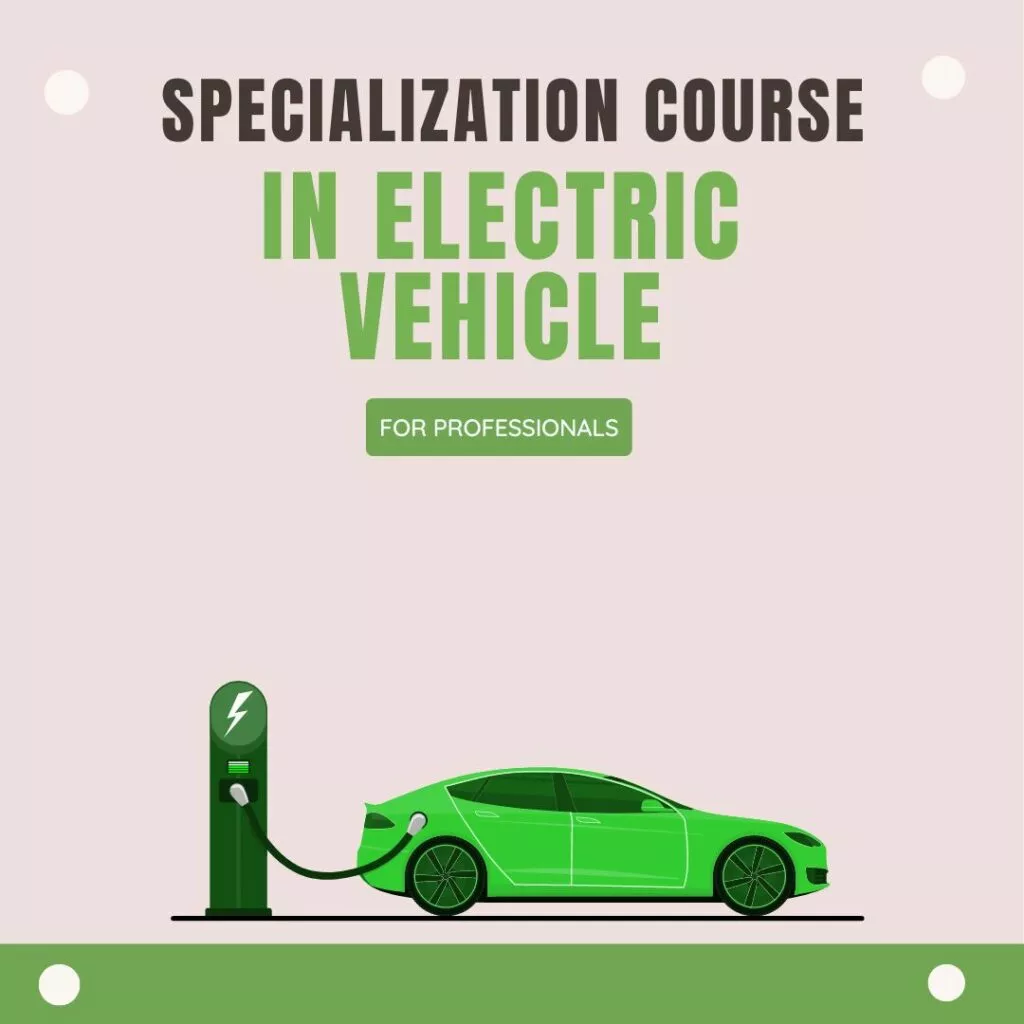Electric Vehicle Retrofitting:
Along with plans to significantly reduce carbon emissions from diesel and gasoline engines by 2030, the Indian government has established an ambitious goal for electric vehicles (EVs). The country is moving toward electric vehicles in this way. However, the pace of this change cannot be rapid, so in order to complement the introduction of new EVs, it is necessary to retrofit existing ICE (internal combustion engine) vehicles. By retrofitting, existing automobiles can avoid falling into the scrappage policy’s trap for an additional five to seven years.
The process of replacing a vehicle’s combustion engine with an electric drivetrain is known as retrofitting. In Europe, this method is widely used to transform diesel buses and trucks into zero-emission CVs.

The urgency of EV Retrofitting in India
By 2030, more than 2 million buses are expected to be operating on Indian roads. Other forms of public transportation are also anticipated to expand at a similar rate. Our city roads will become congested if we just keep adding more electric public vehicles to the fleet in the name of lowering our carbon footprint. As a result, the viable option is to add a small number of electric vehicles while retrofitting the ones that already exist to make them electric.
Economic benefits of retrofitting
A new electric 2W with comparable power may cost up to INR 1.5 lakh, whereas retrofitting an older ICE two-wheeler may cost between INR 50,000 and 1 lakh. Moreover, retrofitting an ICE vehicle saves money on fuel costs, which might depend on INR 50,000 – 60,000 every year for a petroleum engine bicycle. In terms of an E2W, the annual cost of charging the vehicle will not exceed INR 7,000-10,000.
For 4Ws and light commercial vehicles, a kit may cost INR 5-8 lakh on average[i]. In India, a typical electric four-wheeler costs about INR 15 lakh, but retrofitting an older vehicle only costs about INR 4 to 5 lakh.
Regulatory framework in India
Retrofitment guidelines have been developed by the governments of some states, such as Delhi and Andhra Pradesh. These policies can help start-ups that sell retrofit kits gain momentum and target customers who are willing to switch to electric vehicles instead of throwing them out.
If equipped with an electric vehicle kit, old diesel vehicles older than ten years were permitted to continue in 2021 by the Delhi Government to circumvent the National Green Tribunal’s ban. A parallel industry to convert old ICE vehicles to electric vehicles has emerged in response to this announcement.
The Delhi Government issued an order in June 2022 allowing owners of gasoline and diesel vehicles to retrofit their vehicles to become electric vehicles. It had already launched a new portal to provide a unified platform for both customers and agencies involved in vehicle retrofitting. As a stage to make EV pack retro fitment nondescript, the module for retro fitment of EV unit in diesel vehicles has been made online on the Vahan Entrance to empower the residents of Delhi to get their old diesel vehicles retrofitted with EV pack by the Retro Fitment Place. Citizens can take advantage of this service by visiting a Retro Fitment Centre (RFC) authorized by the Delhi government to have the EV kit installed in their diesel vehicles, as stated in the new policy.
What is retrofitting of existing vehicles for converting to electric vehicle?

EV retrofitting means to convert existing petrol or diesel run vehicles into an electric vehicle. The process involves changing the original engine and other related components and a new alternative energy source to be transplanted into the existing vehicle body.
How do the electric vehicles help in solving air pollution problem?
Driving an electric vehicle can help you reduce your carbon footprint because there will be zero tailpipe emissions. You can reduce the environmental impact of charging your vehicle further by choosing renewable energy options for home electricity.
What are the initiatives taken by Indian government towards development of electric vehicle technology?

FAME II plan was launched in April 2019 with a Rs 10,000 crore budget to support 500,000 e-three-wheelers, 7,000 e-buses, 55,000 e-passenger vehicles, and a million e-two-wheelers. The goal was to increase EV adoption in India. The plan was set to expire in 2022.
How electric vehicles in India reduce air pollution?

EVs Eliminate All Toxic Emissions From Engines
Switching to an EV instantly eliminates all toxic tailpipe pollution such as nitrogen oxides (NOx), carbon monoxide (CO) and hydrocarbons (HC).
How do electric vehicles contribute toward pollution reduction?
By eliminating particle pollution and gases like NO2 that spew from car tailpipes and truck exhausts, widespread EV adoption will mitigate air pollutants that contribute to cardiovascular and respiratory diseases, cancer, and other illnesses.
How much does it cost to retrofit electric kit in vehicles in India?

It is ARAI-certified and is compatible with most popular cars like the Maruti Swift, Dzire, WagonR, Hyundai Accent, Verna, Honda Amaze and Honda City. This electric car conversion kit price ranges from Rs 3 lakh to Rs 5 lakh.
How electric vehicles can reduce pollution what are its pros and cons?
Benefits of electric vehicles
- Crazy energy efficient (no gas needed) …
- Less expensive to own, maintain, and operate. …
- You could get money back thanks to the federal EV tax credit. …
- Whisper quiet, super sleek, and pretty darn fast. …
- Charging contributes to indirect CO2 emissions from “dirty” fossil fuel electricity.
Reference:
1. https://www.cars24.com/blog/electric-car-conversion-kit-price

















